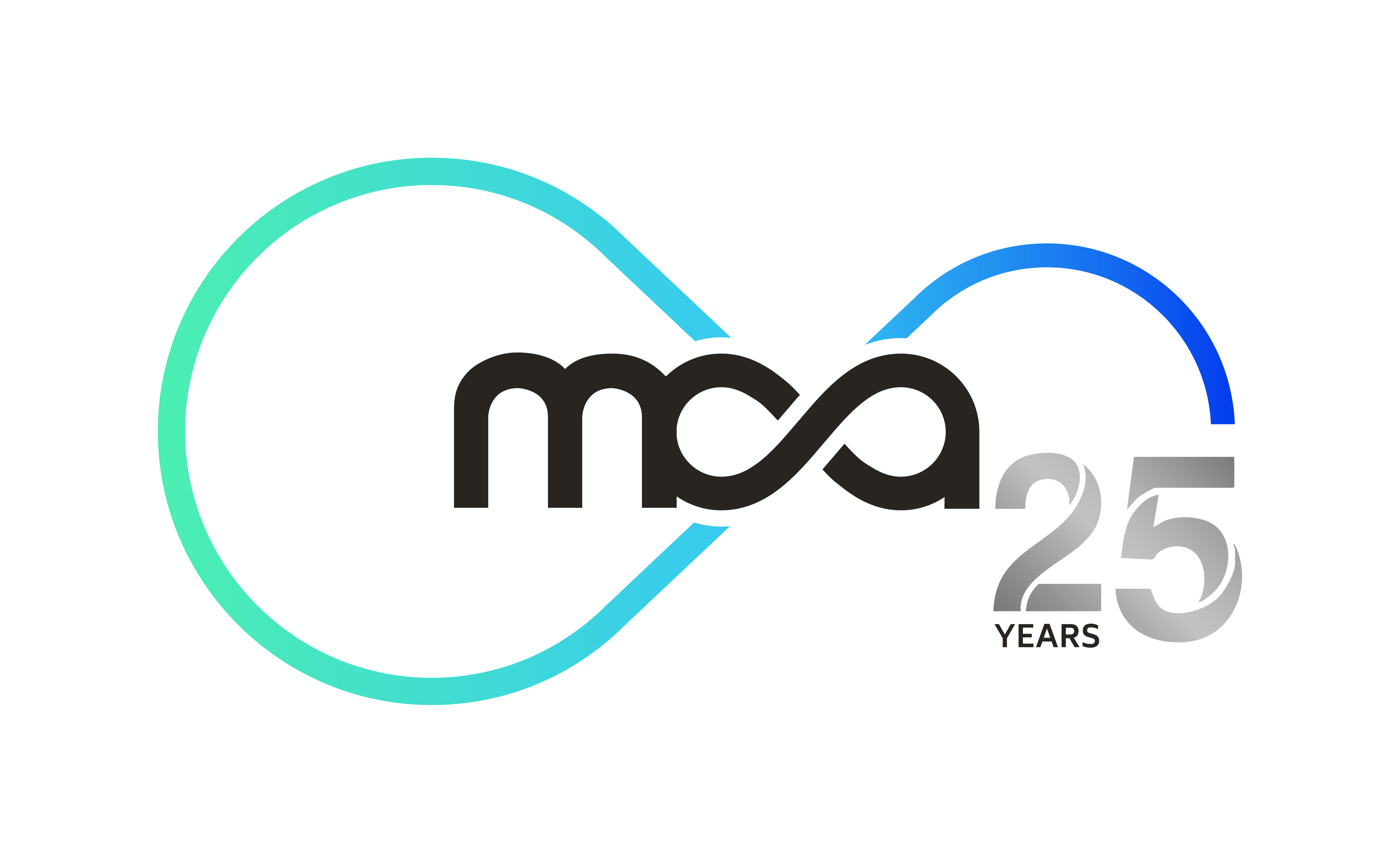Ensuring a Safe Online Environment for Minors
Events in recent weeks have sparked considerable public debate on the impact of social networking, as well as on the effect that inappropriate online content and behaviour is having on minors.
The MCA is responsible for the regulation of the telecommunications sector and the advancement of a digital society, including the safe and smart use of the Internet by minors, as defined by the Digital Malta Strategy. The Authority would like to clarify that whilst access to the network is currently regulated, online content, including what is published through social networking sites, is not. The Authority therefore has no remit to intervene in matters relating to content including any activity that emerges from social media.
Having said this, a number of online activities such as child pornography, bullying, grooming, fraud and incitement to racial hatred, to mention but a few examples, are subject to legal proceedings. In such cases, the police can seek relevant traffic information to support criminal investigations and in particular circumstances, can also request the blocking or closure of a particular site. This approach is adopted across Europe. Internet Service Providers are obliged by law to take such steps if so instructed by police.
In view of this, the Authority wishes to emphasise that not all online activities that may be considered harmful to minors constitute a criminal offence. Activities that might not be categorised as illegal, such as internet overuse, overwhelming peer pressure, the consumption of inappropriate content and disrespectful online behaviour, must be addressed by educating parents and minors, as well as other adults that interact with minors on a regular basis.
Today’s minors are growing up in an environment that is characterised by fast-paced technological development. They are the first to experiment and adopt new applications and are the most savvy at using social networking tools. In contrast, parents and other responsible adults are often not as conversant with this medium and may find digital parenting responsibilities challenging. Consequently, minors may lack adequate supervision and support in this regard.
Bridging this gap therefore entails helping adults, parents in particular, to appreciate what growing up in the digital age entails, as well as giving them the right mix of competences and tools to ensure the wellbeing of minors under their responsibility.
Over the past years, the Authority, jointly with the Office of the Commissioner for Children and Aġenzija Appoġġ has been running BeSmartOnline! with the aim of addressing this education gap. Key entities, including the Education Directorates, Church and Independent schools, the Police, Aġenzija Żgħażagħ and the University of Malta are actively contributing to the project.
Through the project, over 8000 children from all schools across Malta and Gozo have taken part in lessons on Digital Citizenship and Digital Footprints. During these lessons, children explored how their online activity impacts their self-image as well as how their digital behaviour affected others. Aspects such as cyber bullying, privacy and being a respectful online citizen were discussed. Furthermore, over 2000 professionals have taken part in development sessions specifically addressing the issue of Internet Safety. A number of Information Days were also organised for families, with experts available on the day to address any questions or concerns parents or carers may have on the subject. At present, the MCA, through the BeSmartOnline! project is also organising digital parenting sessions which are being held at various Local Councils across Malta and Gozo.
Education remains the prime focus for the Authority and it calls on the private sector to fully engage on this front to secure the well-being of its customers particularly the younger users. Service providers are encouraged to contribute by informing and supporting their clients, and by taking measures to minimise risks. The recent initiative by Vodafone titled ‘Ibrowsesafely.com.mt’ and similar initiatives by other service providers are prime examples of such contribution.
Parents and other adults that come into contact with minors are strongly encouraged to take a more active role in the online wellbeing of minors by seeking to learn more and to participate in the activities of the BeSmartOnline! Consortium. The Authority further encourages individuals to utilise the services of Aġenzija Appoġġ namely Helpline 179 where they can forward a query or seek support and the childwebalert.gov.mt where illegal content concerning minors can be reported.
Click here for further information about the BeSmartOnline! project.





